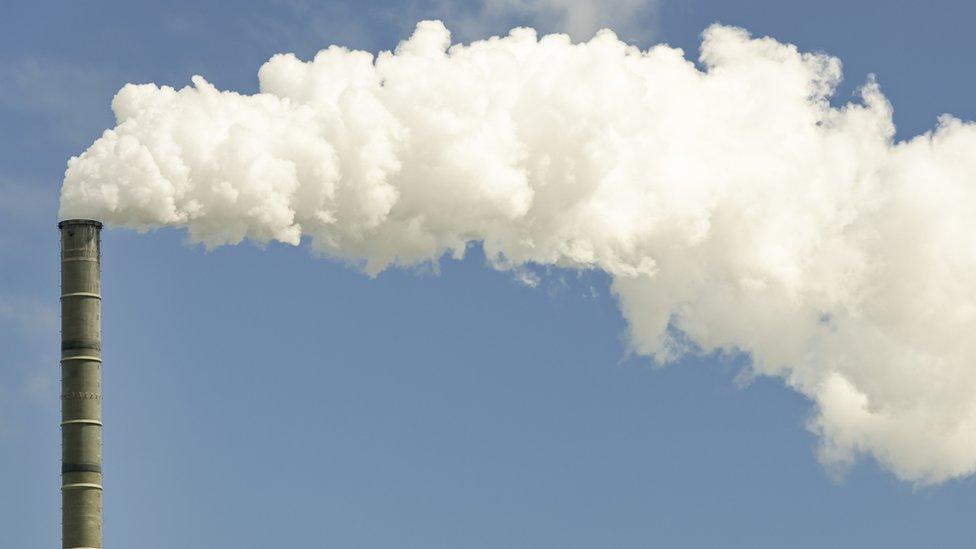Environment Agency consultation on Drax carbon capture plans
- Published
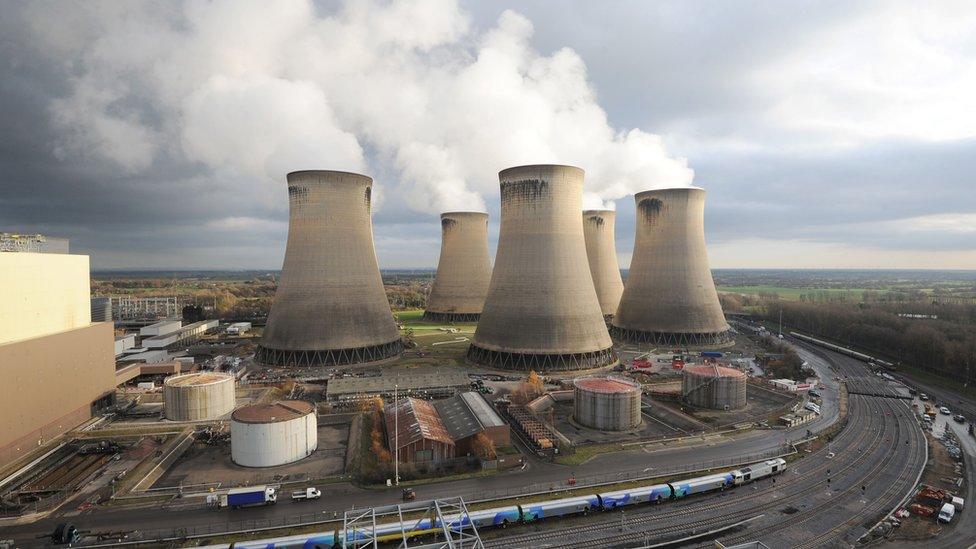
Drax power station near Selby in North Yorkshire produces 7% of the UK's electricity
People living close to a power plant will later be able to study its plans to transport captured carbon dioxide to the North Sea where it will be stored.
Drax, which owns the UK's largest power station near Selby, North Yorkshire, wants to capture carbon dioxide emitted during production of electricity.
It will need an environmental permit from the Environment Agency, external, which launched a consultation as a result.
The first of two "drop in" sessions is to be held between 14:00 and 17:00 BST.
Under its proposals, Drax hopes to run a pipeline from its station to Easington, on the East Yorkshire coast, where it will send the captured carbon dioxide for permanent storage under the North Sea, in a bid to prevent the majority of the gas from entering the atmosphere.
The agency said the company would also "need a Development Consent Order, following a process led and examined by the Planning Inspectorate".
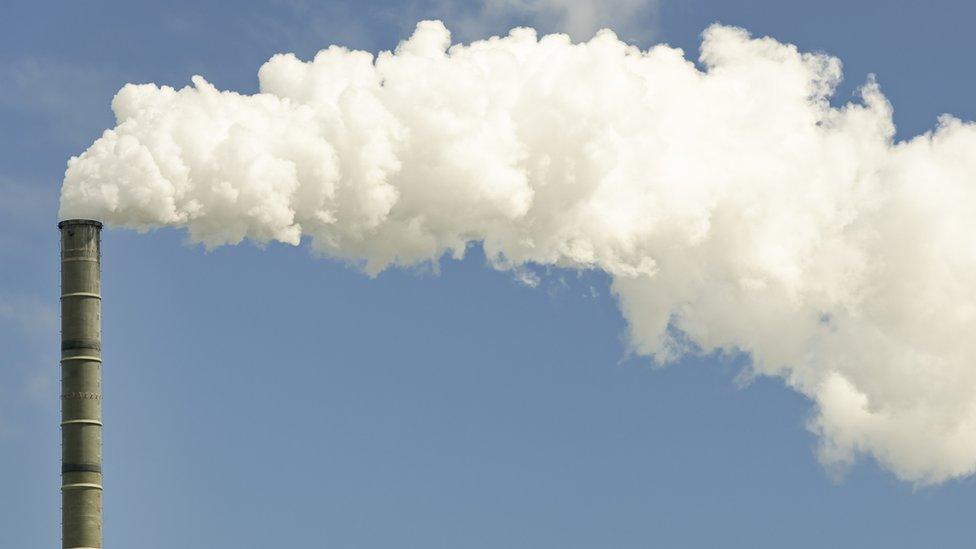
Some scientists believe capturing greenhouse emissions have a role to play in the journey to net zero
Kathryn Richardson, environment manager at the Environment Agency, said: "Our role is to ensure that these new technologies, including carbon capture, are conducted in a way that protects people and the environment.
"We're now seeking views from the local community and interested groups on this application.
"We encourage them to come and see us at our engagement events so they can find out more and view the plans in detail."The public consultation runs until 29 June 2023 with the drop-in event being hosted at Drax Village Hall. The second session is due to be held online on 13 June between 17:00 and 18:00 BST.
The UK government has chosen two sites, around the Humber and Liverpool, to be the first hubs in the UK to develop carbon capture and storage.
The pipeline project also forms part of a wider collaboration - called the East Coast Cluster - which aims to create a common infrastructure in both the Humber and Teesside regions.

Follow BBC Yorkshire on Facebook, external, Twitter, external and Instagram, external. Send your story ideas to yorkslincs.news@bbc.co.uk, external.
Related topics
- Published31 October 2022
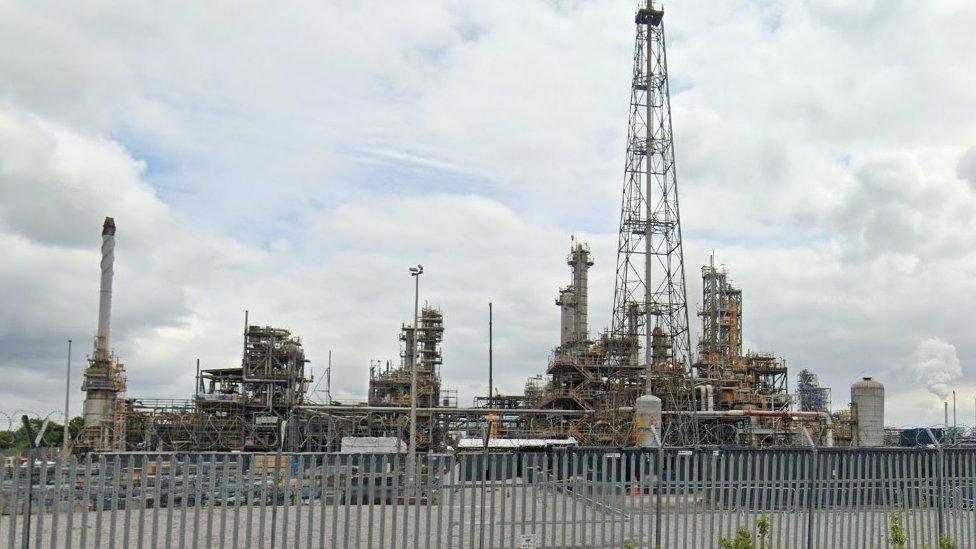
- Published16 October 2022
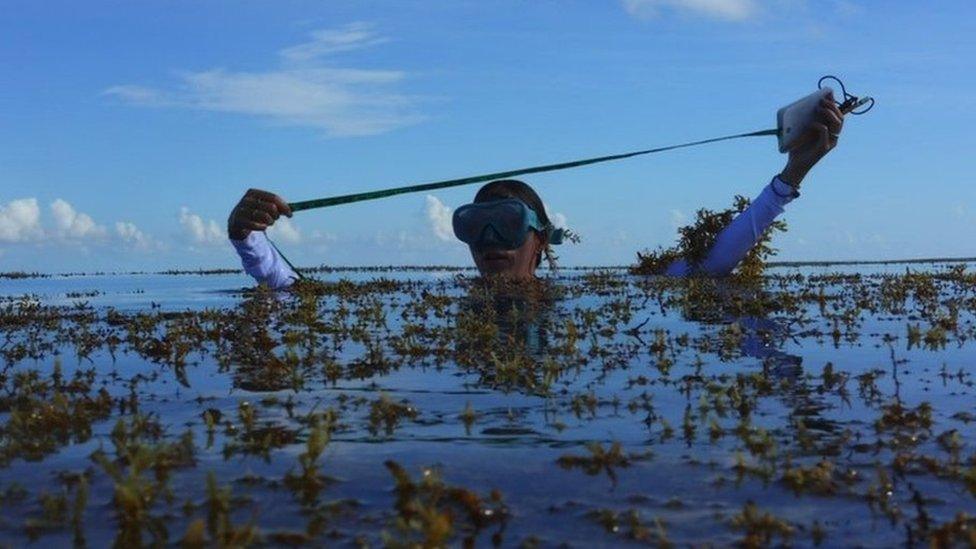
- Published3 October 2022
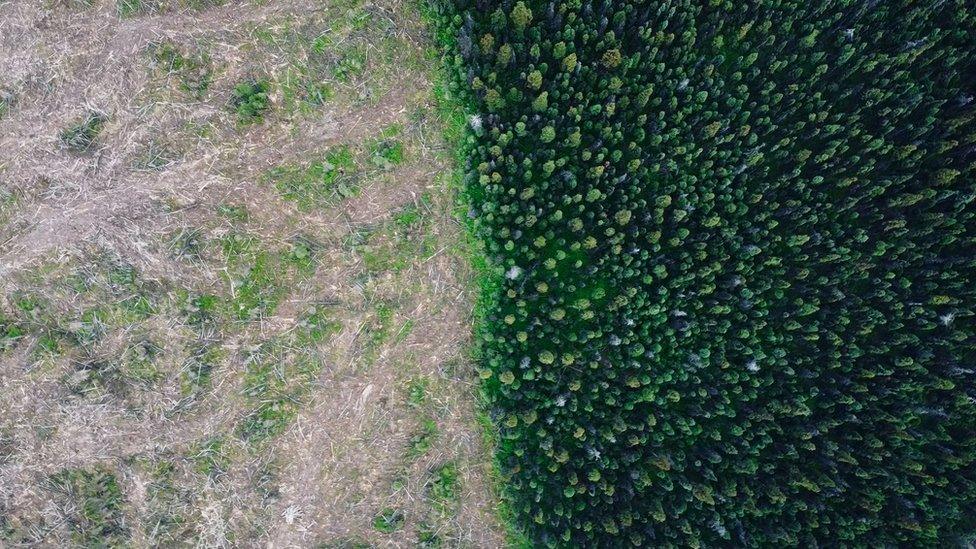
- Published14 June 2022
